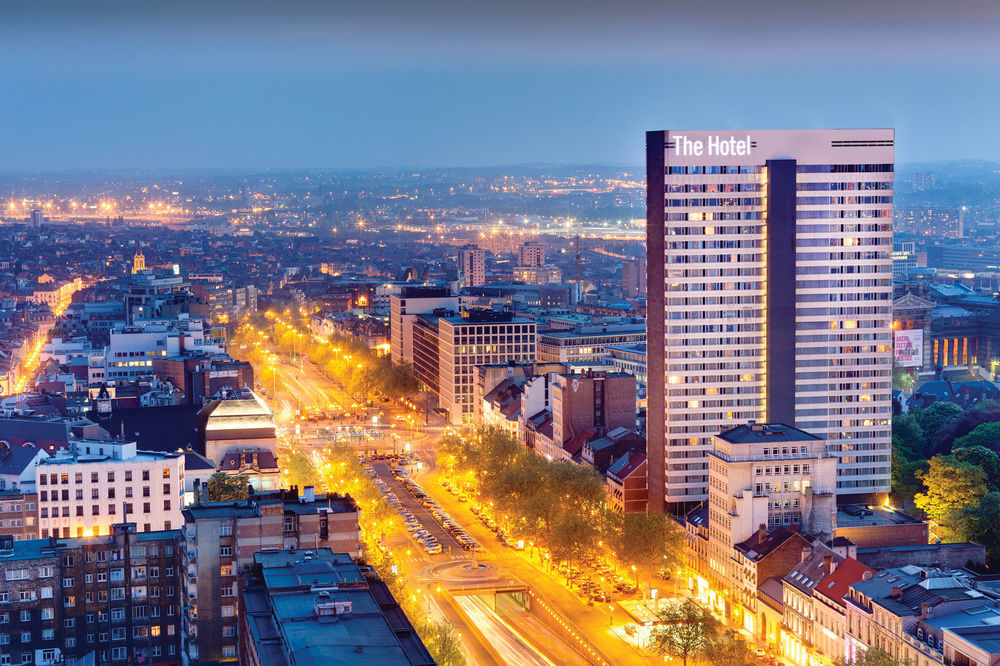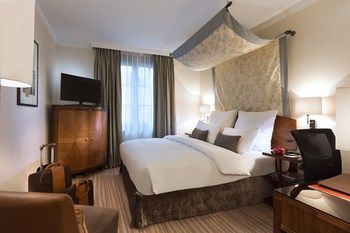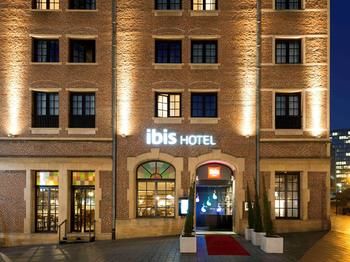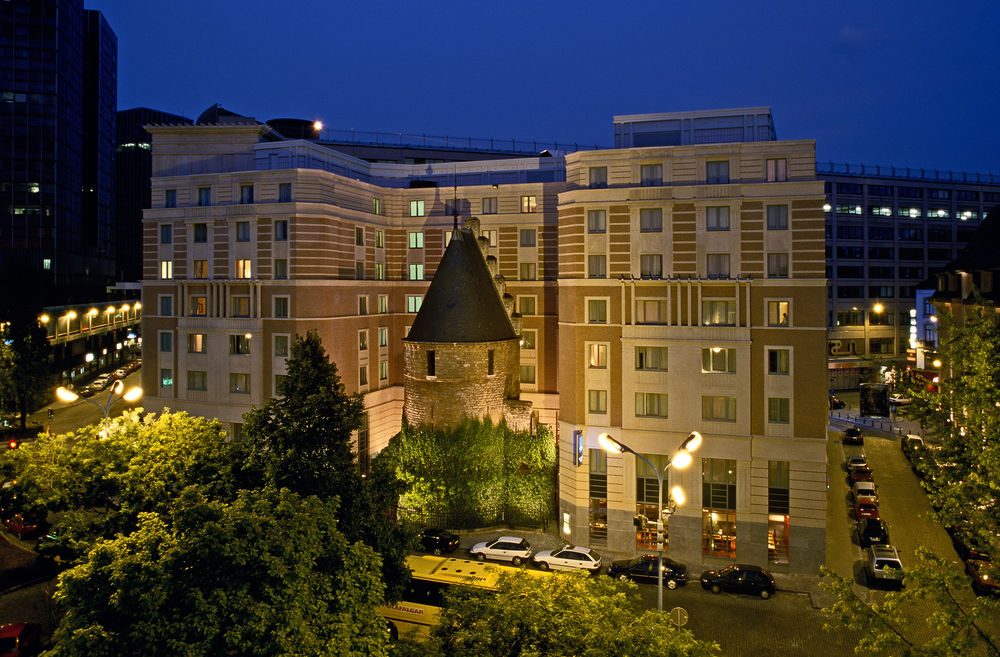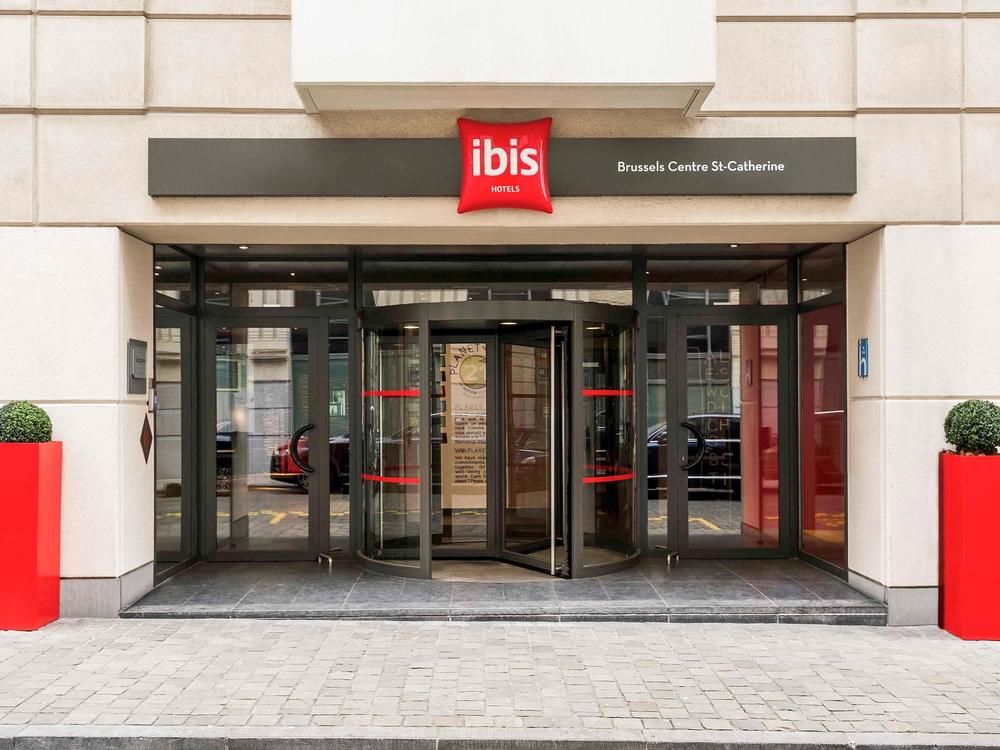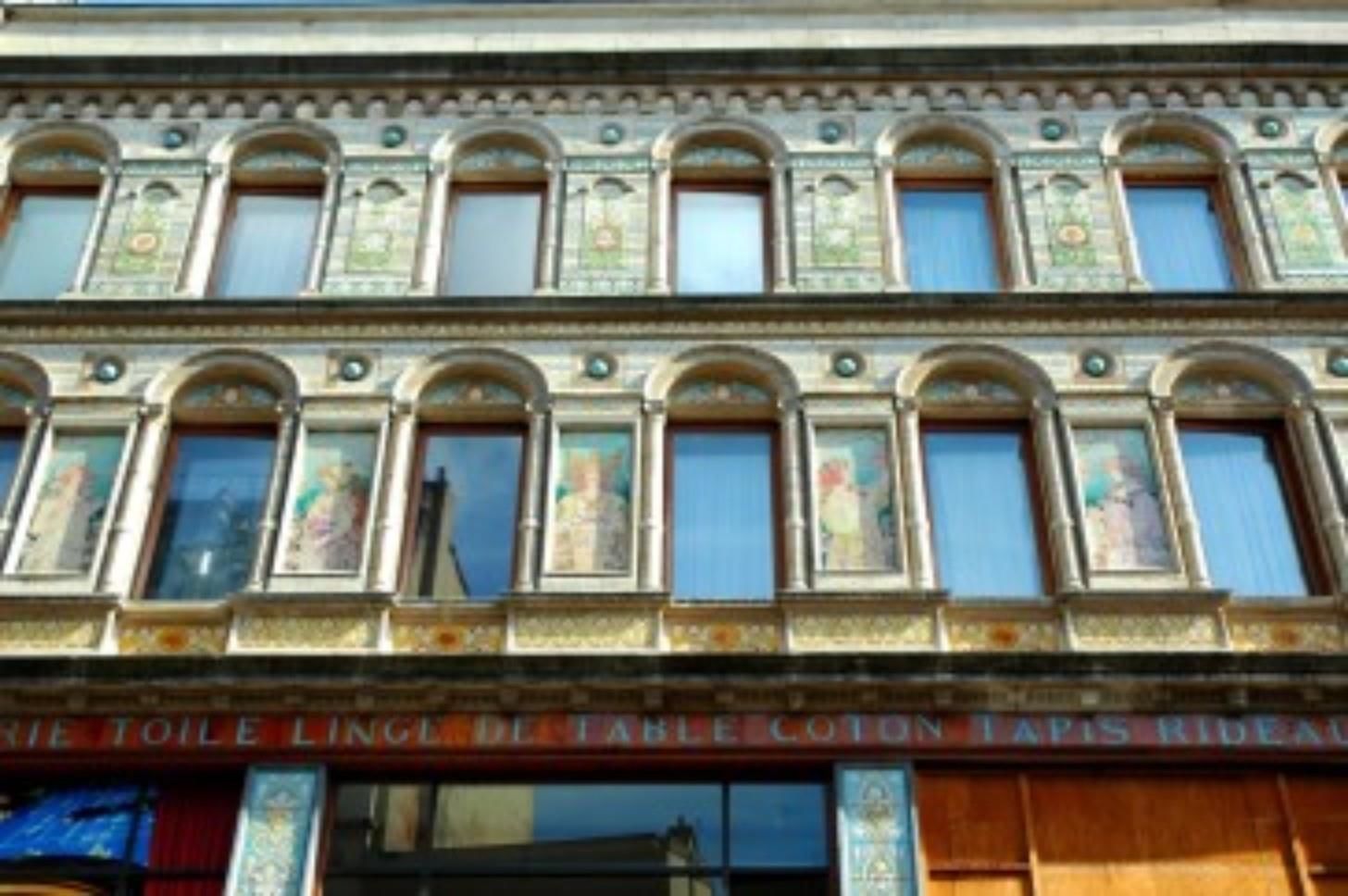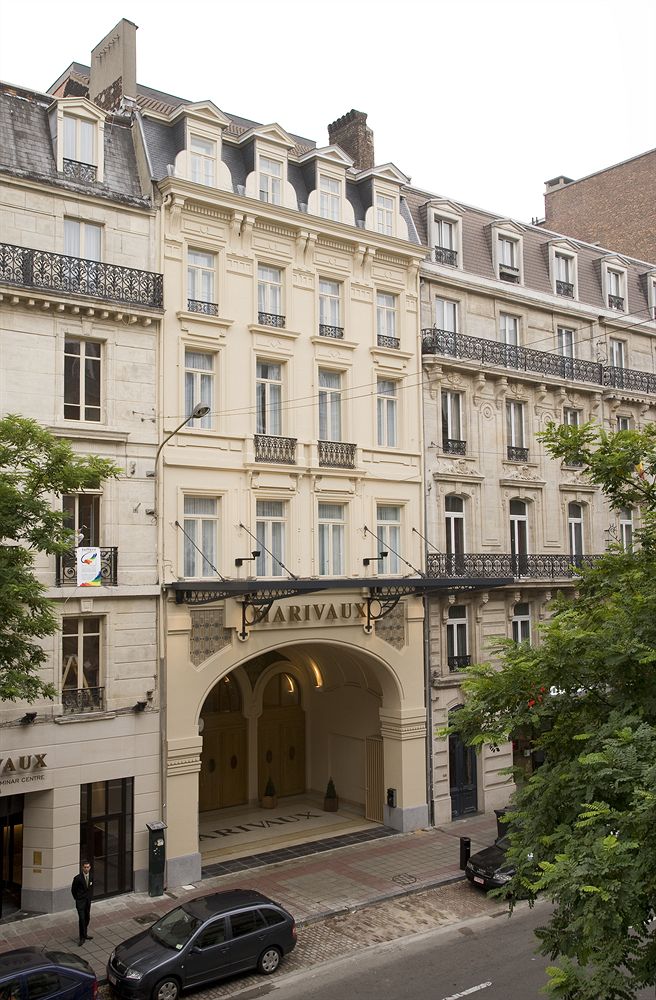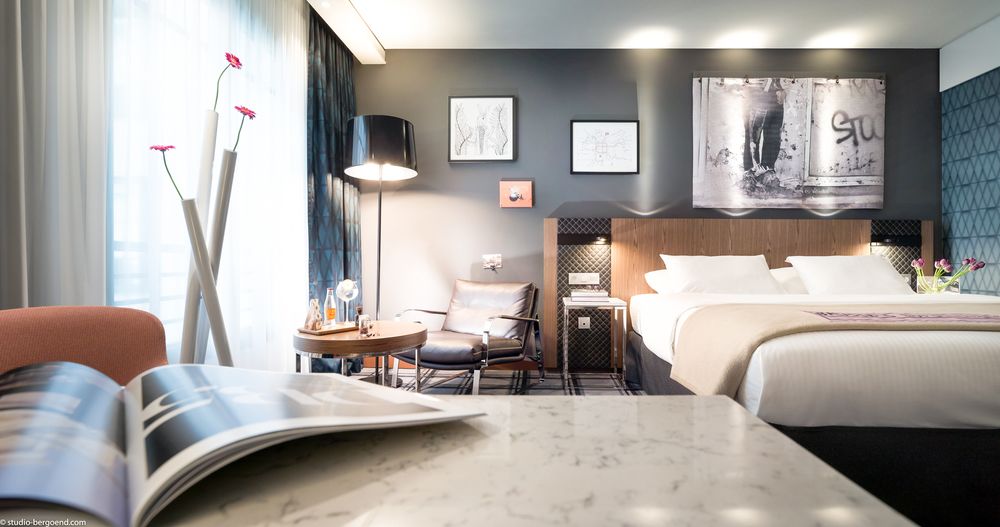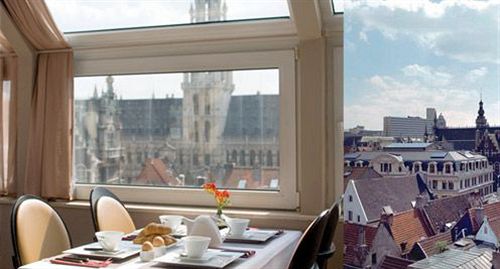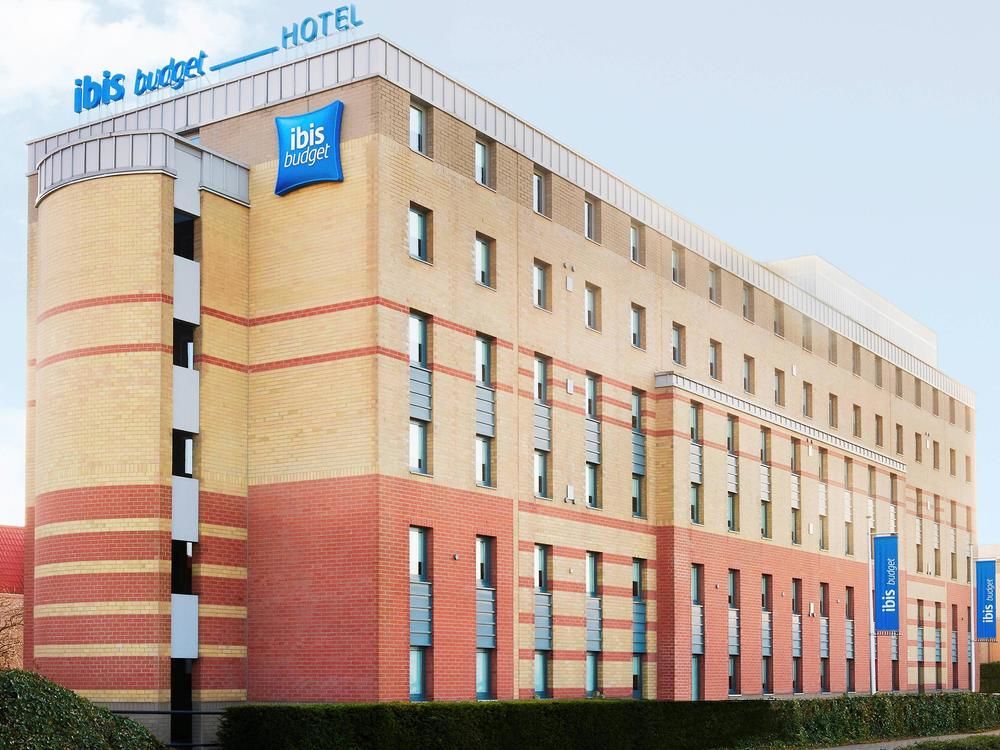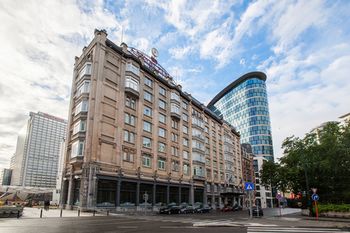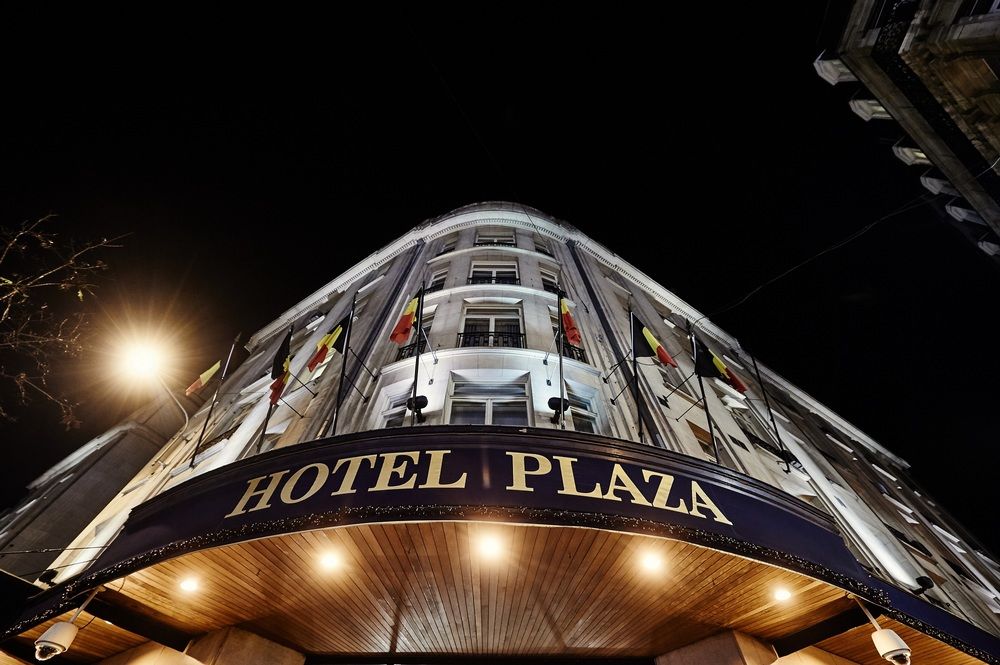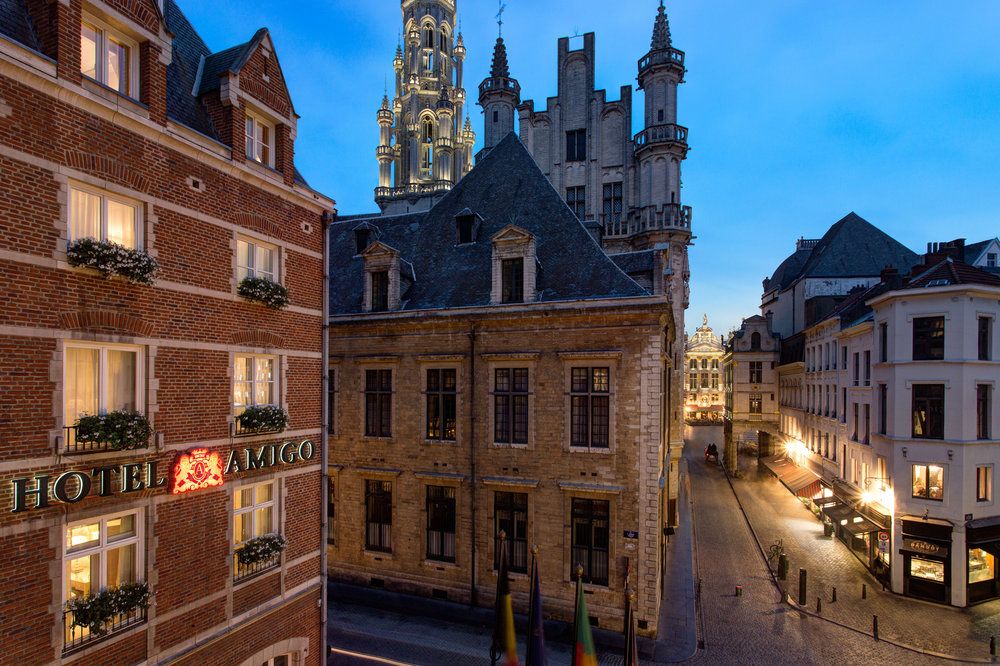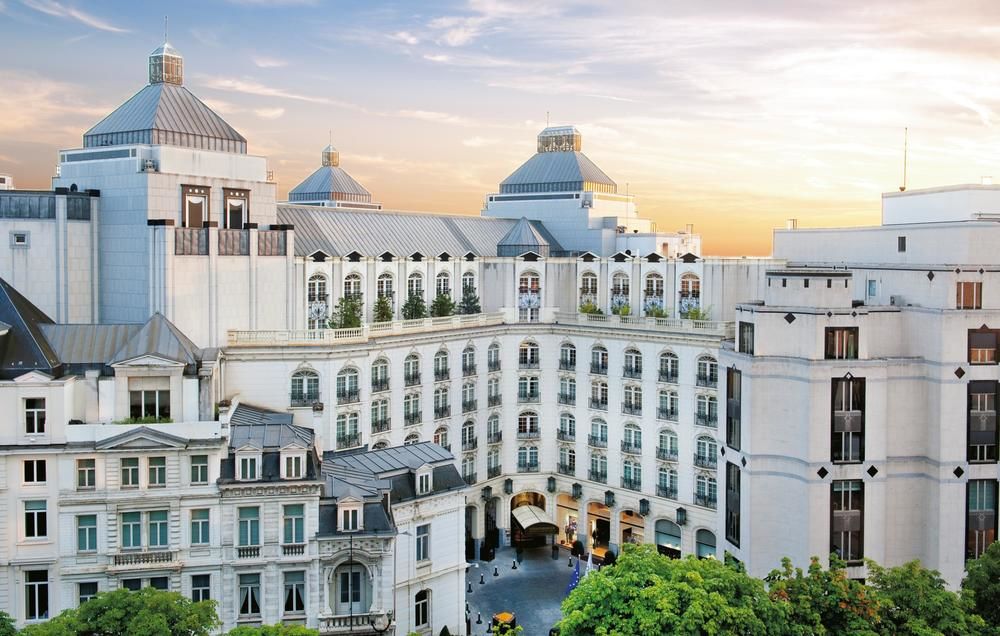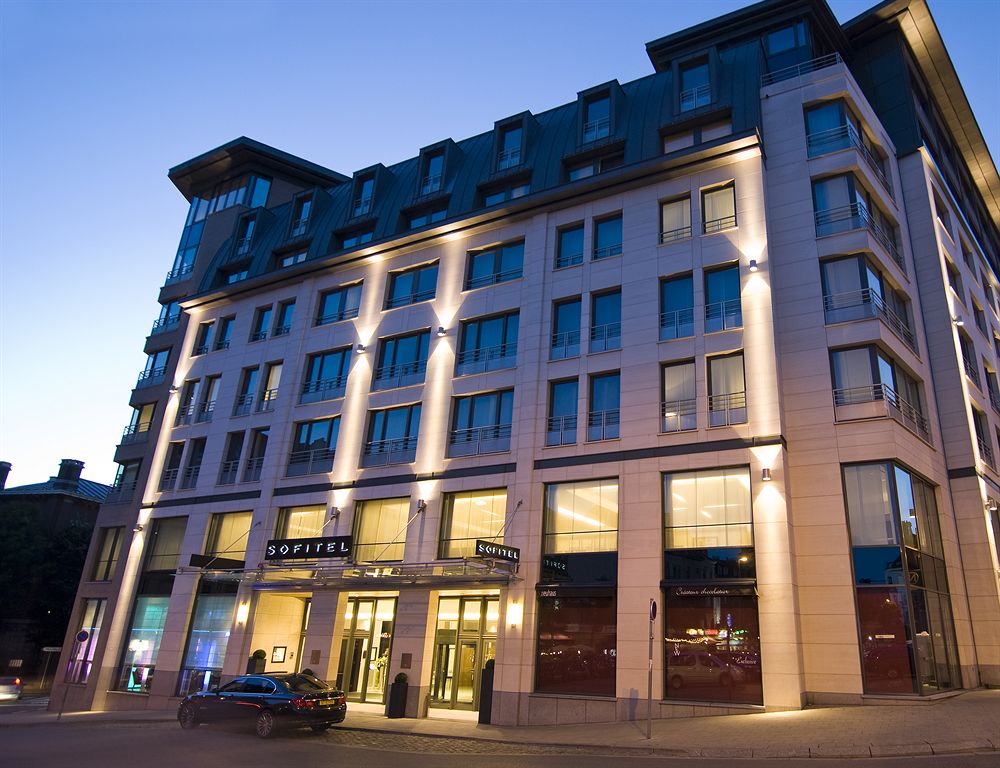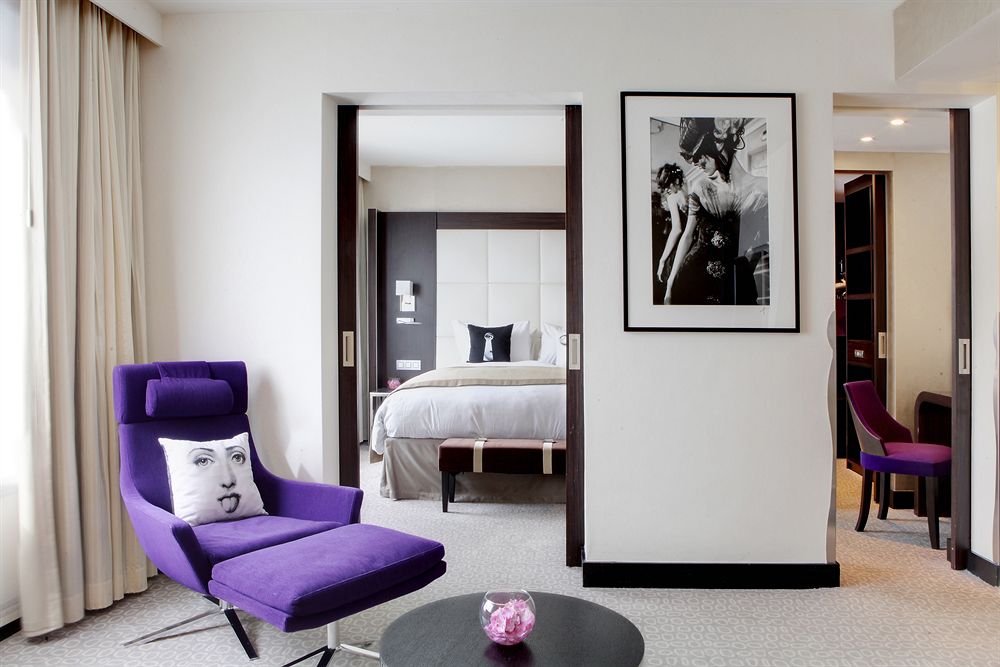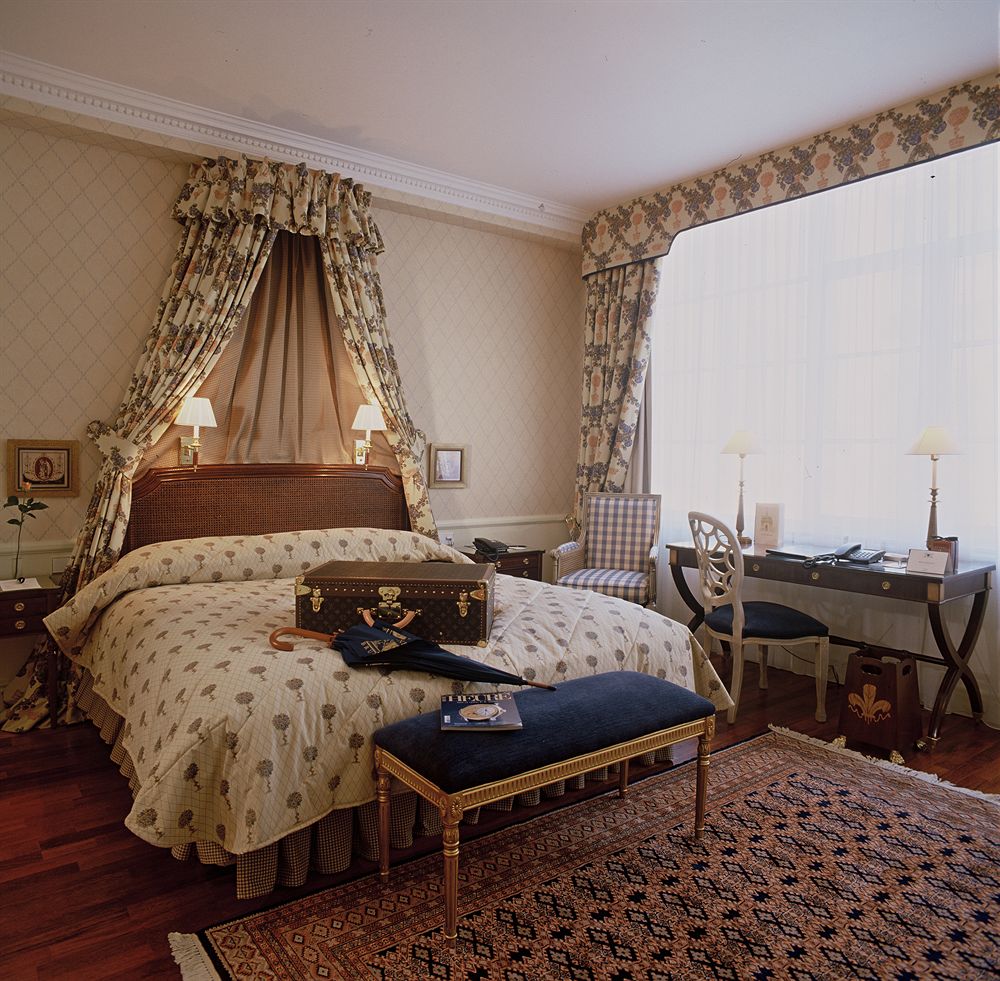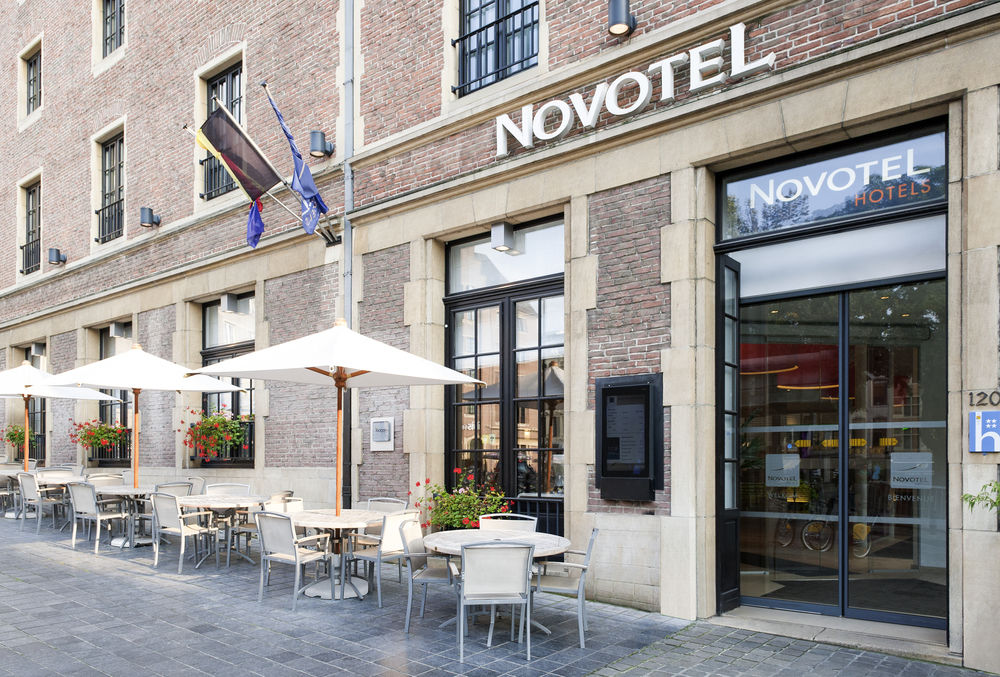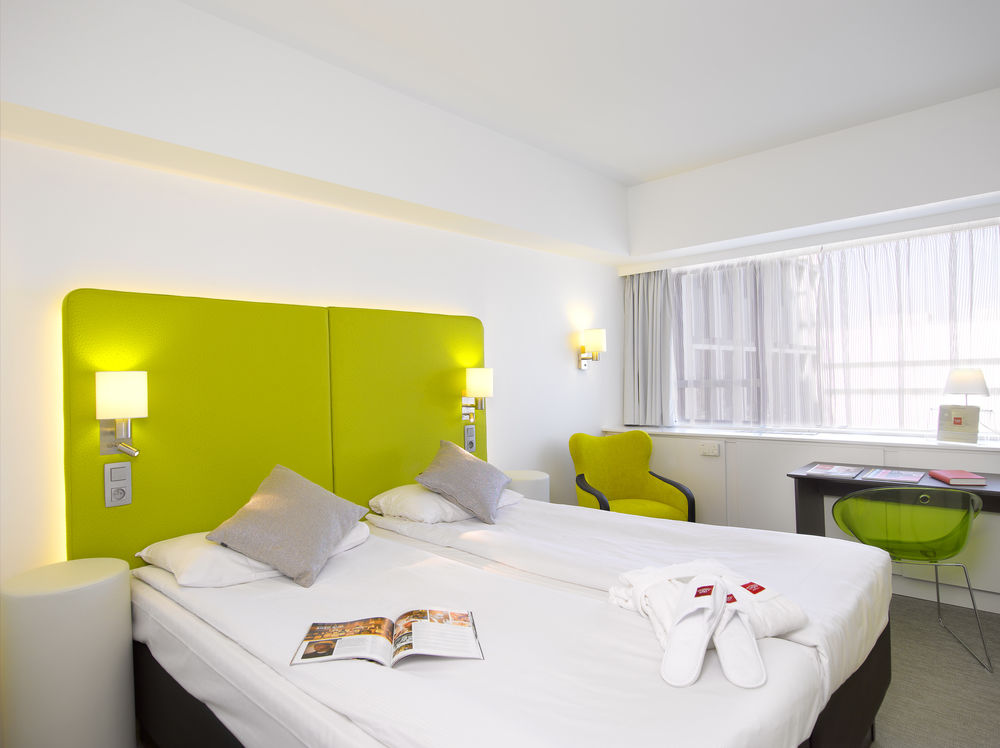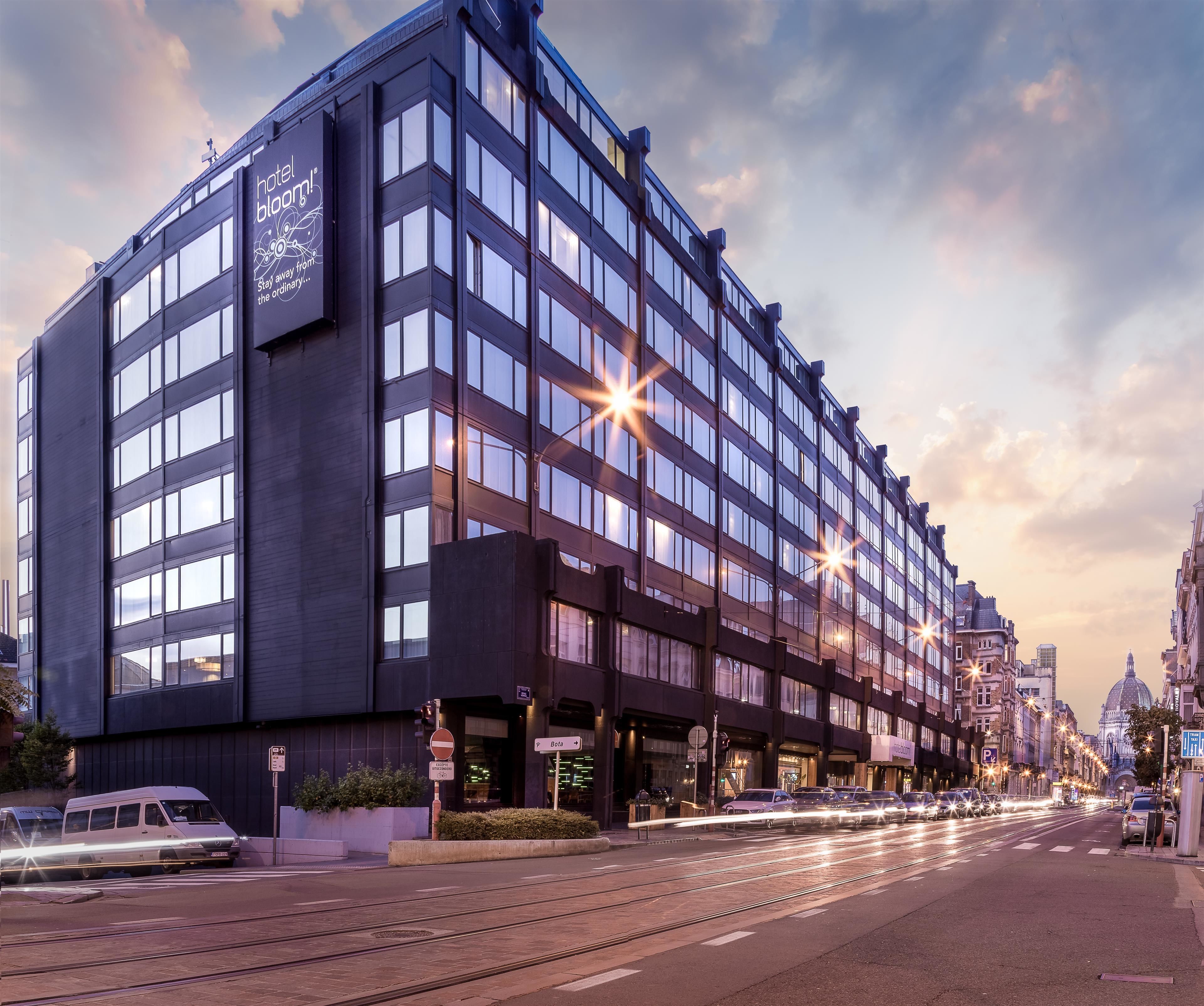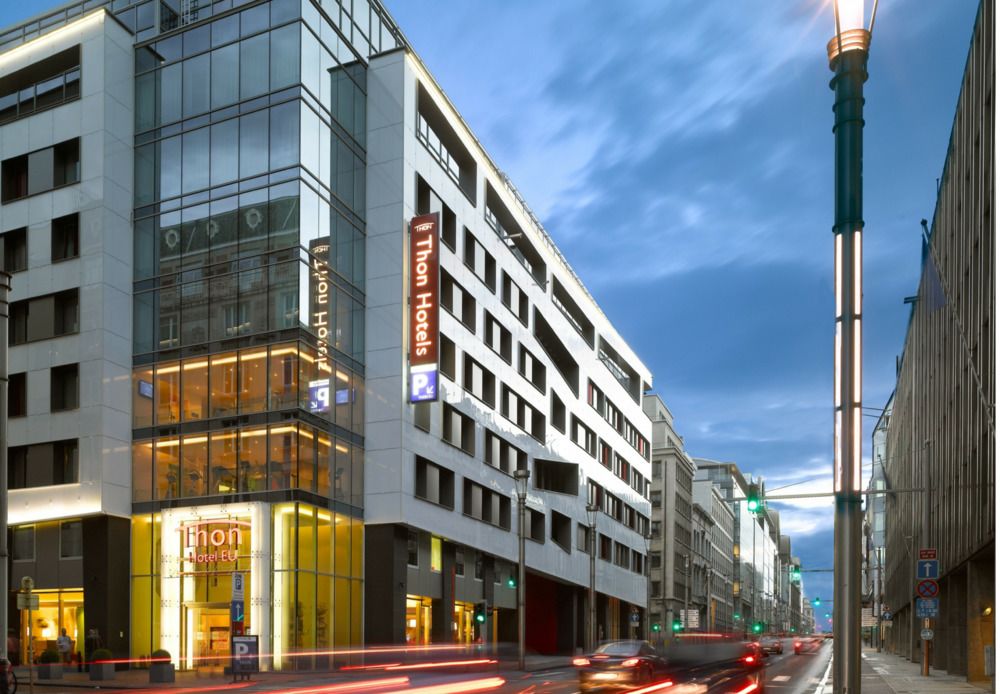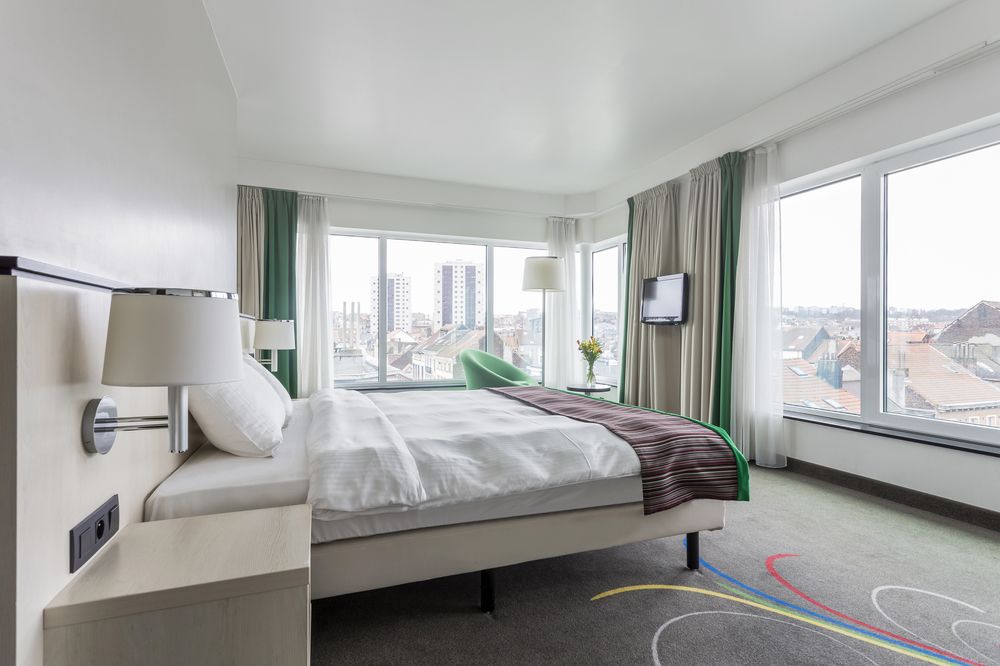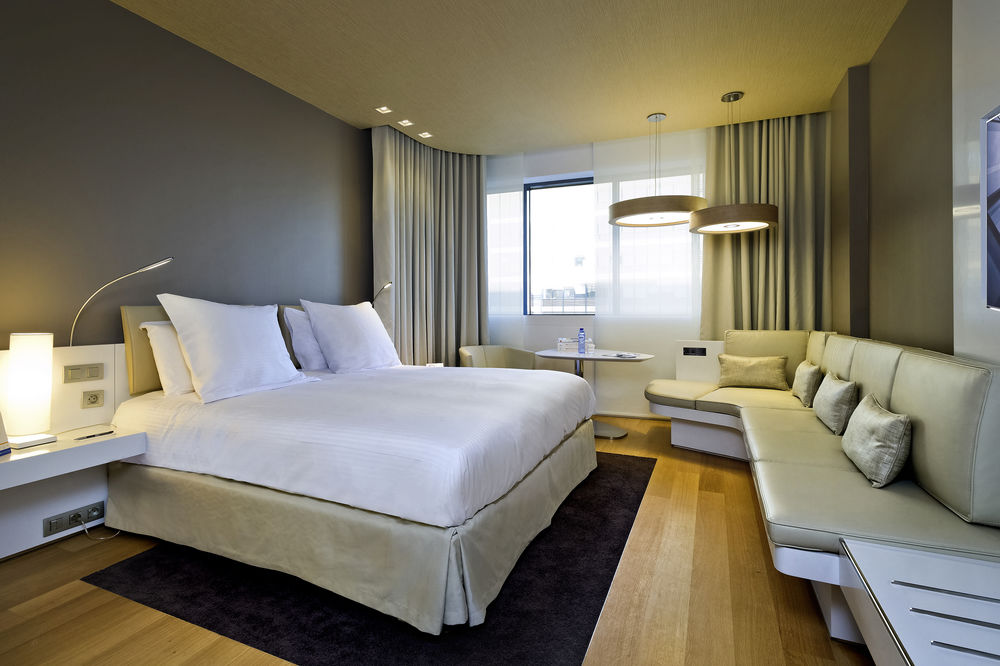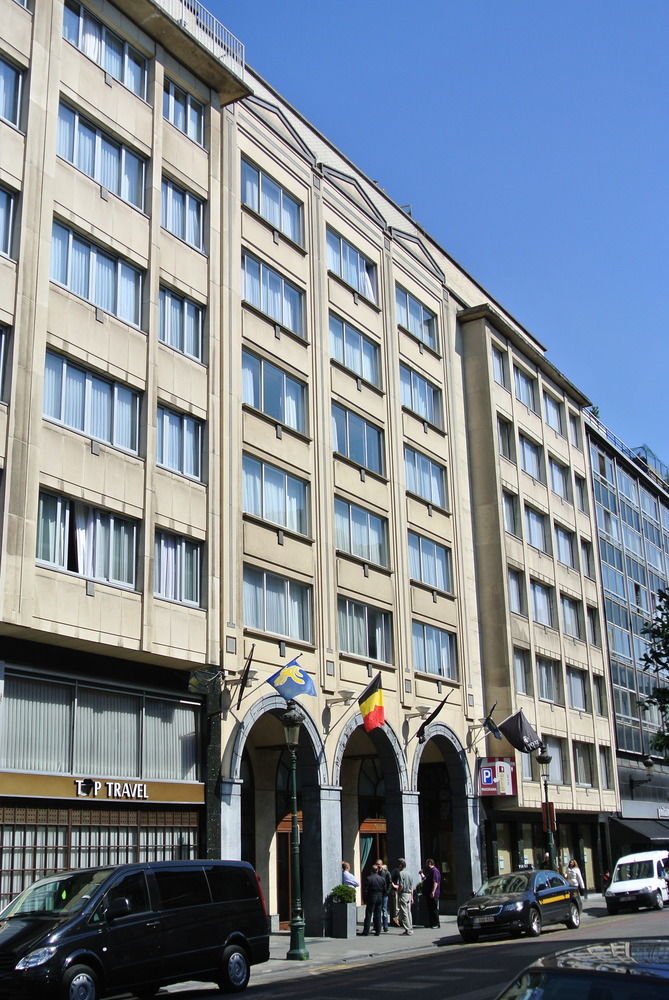
ブリュッセルホテル検索結果
AIが見つけた軒のホテルの最安値をご覧ください。
ベストホテル
最安値のホテル
ホテル等級
AIおすすめ
ブリュッセルベストホテル
ブリュッセル 最低価格のホテル
最高評価のホテル
ブリュッセルにある5つ星ホテル
ブリュッセルにある4つ星ホテル
ブリュッセルにある3つ星ホテル
AIがおすすめする世界の旅行先
ブリュッセル近くのホテル情報
ブリュッセル 旅行に欠かせない情報
“The capital of Europe”
Brussels (French: Bruxelles [bʁysɛl] ( listen); Dutch: Brussel [ˈbrʏsəl] ( listen)), officially the Brussels-Capital Region (French: Région de Bruxelles-Capitale, Dutch: Brussels Hoofdstedelijk Gewest), is a region of Belgium comprising 19 municipalities, including the City of Brussels, which is the capital of Belgium. The Brussels-Capital Region is located in the central portion of the country and is a part of both the French Community of Belgium and the Flemish Community, but is separate from the Flemish Region (in which it forms an enclave) and the Walloon Region. Brussels is the most densely populated and the richest region in Belgium in terms of GDP per capita. It covers 161 km2 (62 sq mi), a relatively small area compared to the two other regions, and has a population of 1.2 million. The metropolitan area of Brussels counts over 2.1 million people, which makes it the largest in Belgium. It is also part of a large conurbation extending towards Ghent, Antwerp, Leuven and Walloon Brabant, home to over 5 million people.Brussels grew from a small rural settlement on the river Senne to become an important city-region in Europe. Since the end of the Second World War, it has been a major centre for international politics and the home of numerous international organisations, politicians, diplomats and civil servants. Brussels is the de facto capital of the European Union, as it hosts a number of principal EU institutions (the two other capitals are Luxembourg and Strasbourg) and its name is sometimes used metonymically to describe the EU and its institutions. The secretariat of the Benelux and headquarters of NATO are also located in Brussels. As the economic capital of Belgium and one of the top financial centres of Western Europe with Euronext Brussels, it is classified as an Alpha global city. Brussels is a hub for rail, road and air traffic, sometimes earning the moniker "Crossroads of Europe". The Brussels Metro is the only rapid transit system in Belgium. In addi
 時間 UTC+02
時間 UTC+02 通貨 EUR
通貨 EUR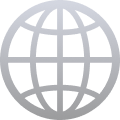 言語 Dutch, French, German
言語 Dutch, French, GermanStaypiaだけの特別な特典
リアルタイムホテル最安値比較
AIが見つけたin ブリュッセルの軒のホテルのリアルタイム最安値を簡単に比較検索できます。
316万軒のホテルを最安値で予約
最低価格に最大31%追加メンバーシップ割引でさらにお得にご予約いただけます。
自分だけの
AIがリアルタイムで更新するブリュッセル旅行情報で便利に旅行を準備しましょう。
よくある質問
ブリュッセルで最も人気のある5つ星ホテルはHotel Metropole Brussels, Warwick Brussels, Hotel Le Plaza Brusselsです。 ブリュッセル 評価順にホテルを見る
一般的なホテルの場合、客室予約はキャンセル締切日前まで無料返金が可能です。キャンセル締切日以降は手数料が発生する場合がありますので、ホテルバウチャーまたはメニュー>マイ予約でキャンセル締切日をご確認ください。
ステピアでは、AIが収集した316万件のホテルの最安値はもちろん、会員限定の追加割引価格で人気ホテルを予約することができます。

